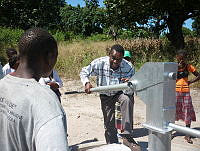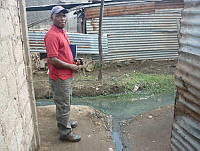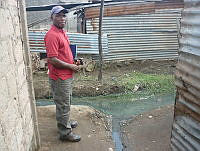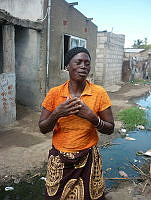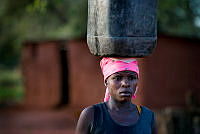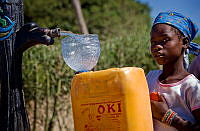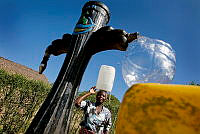Odette Matiambo, who will be a benificiary of a new water and sanitation project, stands outside existing makeshift latrines that are used by forty families, in the Chimankule slum area of Maputo, Mozambique on the 8th April, 2009. The World Bank in Mozambique, with the support of AusAid, have been implementing a water project throughout Maputo using public private partnerships to ensure that families have access to clean and cheap water. In different areas of Maputo different projects have been trialed to find the most effective means of supplying water.
.jpg.myfrlYH4MUG1e61jkAMA.6XMaz44ABF.jpg)
.jpg.myfLjvb3MT21e61jkAMA.hbljJTOphA.jpg)
.jpg.myeV9fb3MTu1e61jkAMA.bUymBGs9IJ.jpg)
.jpg.myeRov33Mfuze61jkAMA.n1liuwty-0.jpg)
.jpg.myfD3fn3Mfmze61jkAMA.njfNkyCxg3.jpg)
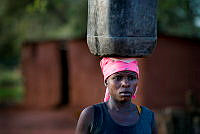
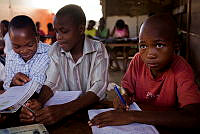
.jpg.myf24fb3MfWze61jkAMA.jV7svxgMIL.jpg)
.jpg.myfL_v73MfWze61jkAMA.M5ULxPfdKZ.jpg)
.jpg.myeqlfv3MfOze61jkAMA.VKsPyI8Ez-.jpg)
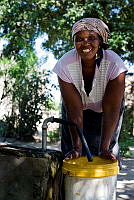
.jpg.mye8iPT3MfOze61jkAMA.H-DB1WDdsu.jpg)
.jpg.mye4x_L3MfGze61jkAMA.PljjHQYMTf.jpg)
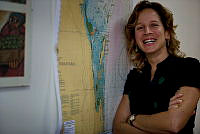
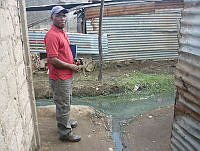
.jpg.myeng4L4MZ-ve61jkAMA.08tBsYpJwZ.jpg)
